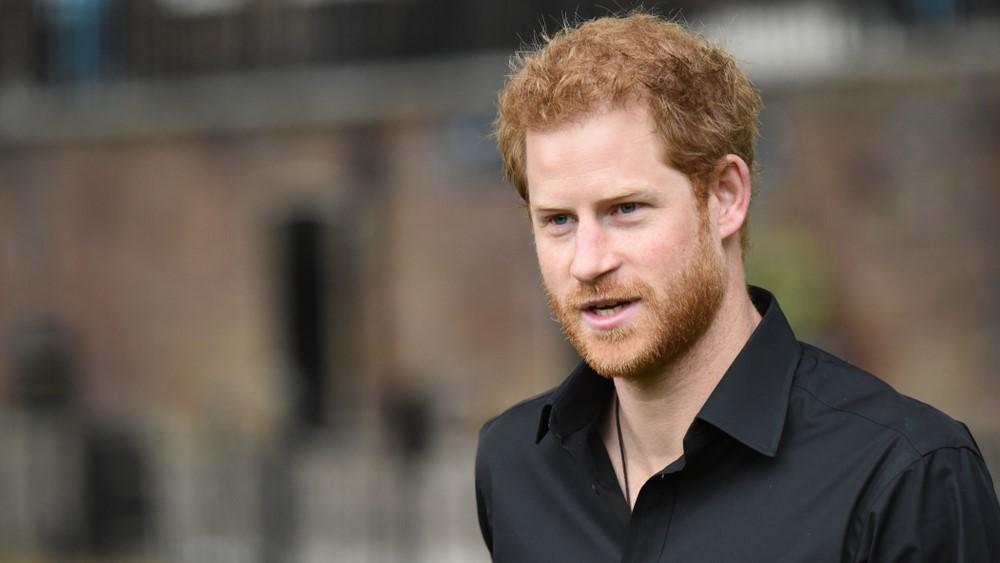Despite being threatened by a stalker, Prince Harry and Meghan Markle are no longer entitled to state-funded police protection.
Others are reading now
After a stalker reportedly followed Prince Harry in both London and Nigeria, the question of whether the Duke of Sussex should once again receive police protection has sparked fierce debate in the U.K.
Stalker follows Prince Harry in London and Nigeria
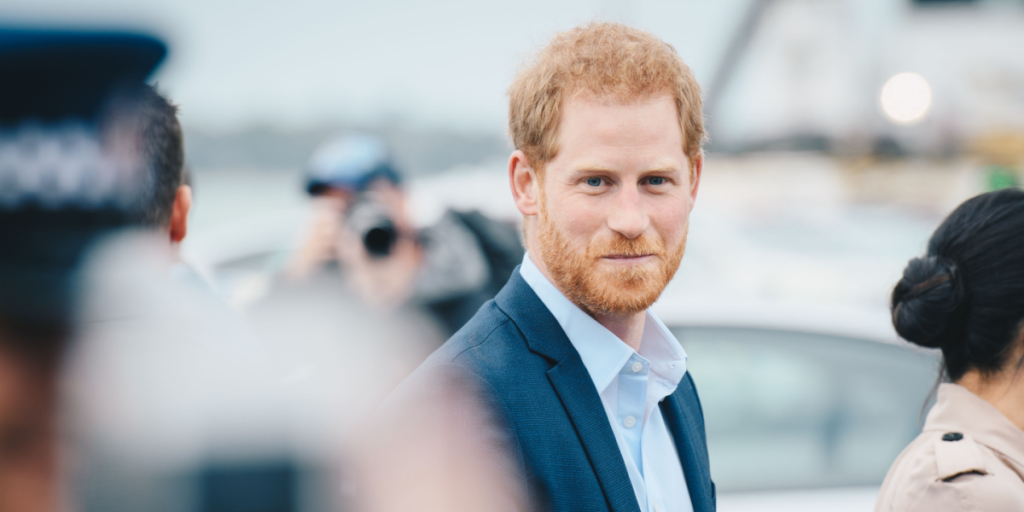
Prince Harry has reportedly been targeted by a stalker described as a “fixated person,” reigniting a debate over his lack of state-funded police protection.
According to the Mirror, the woman approached the Duke of Sussex multiple times, including during a recent trip to London — and again, just days later, while he was visiting Nigeria.
Security breach at London hotel
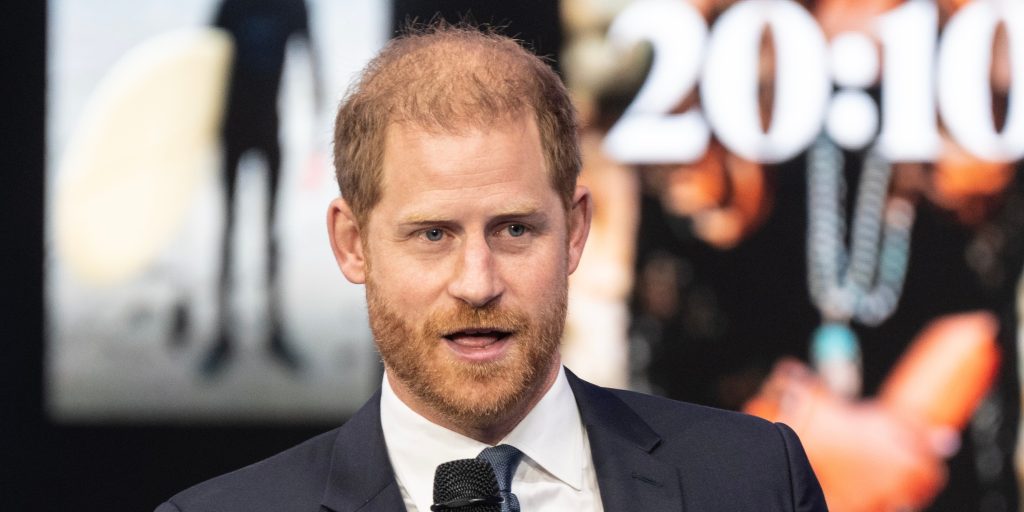
One of the most alarming incidents took place in a London hotel, where the woman allegedly managed to breach a secure area.
Harry’s private security team intercepted her before she could get any closer.
Also read
But the same woman was later seen less than 10 meters from Harry at Imperial College London, raising fresh concerns about his vulnerability while in the U.K.
No state-funded police protection for Harry
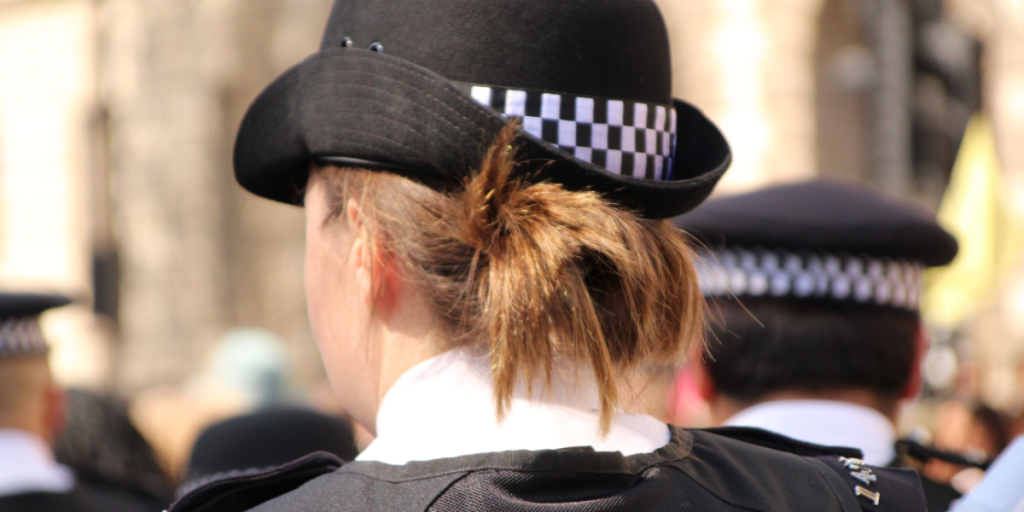
Despite these incidents, Harry continues to be denied official police protection, which is typically reserved for working members of the royal family.
The Ravec committee — the U.K. body responsible for deciding who qualifies for publicly funded security — determined that since Harry and Meghan stepped down from their royal duties in 2020, they no longer meet the criteria.
As a result, Harry must rely on privately hired security, even during visits to Britain.
Journalist: “They’re just celebrities now”
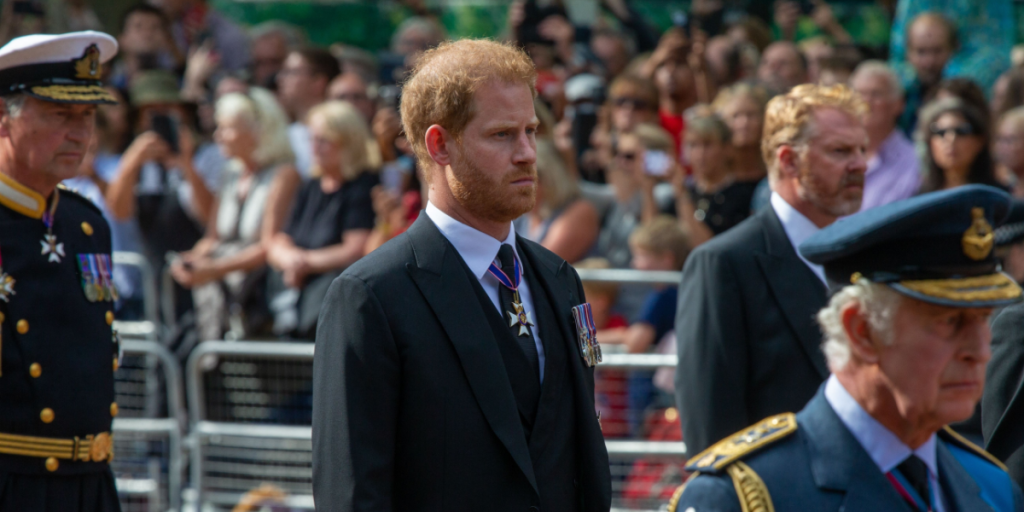
British columnist Jane Moore, writing in The Sun, said that while she sympathizes with Harry’s situation, the rules are clear.
Also read
“Harry and Meghan are no longer working royals. They’ve built a lucrative brand, but they’re just celebrities now — and celebrities don’t get taxpayer-funded protection.”
Moore pointed out that many high-profile figures face similar threats without state intervention, citing Strictly Come Dancing judge Shirley Ballas, who was forced to relocate due to a stalker but received no police escort or government protection.
How protection is decided
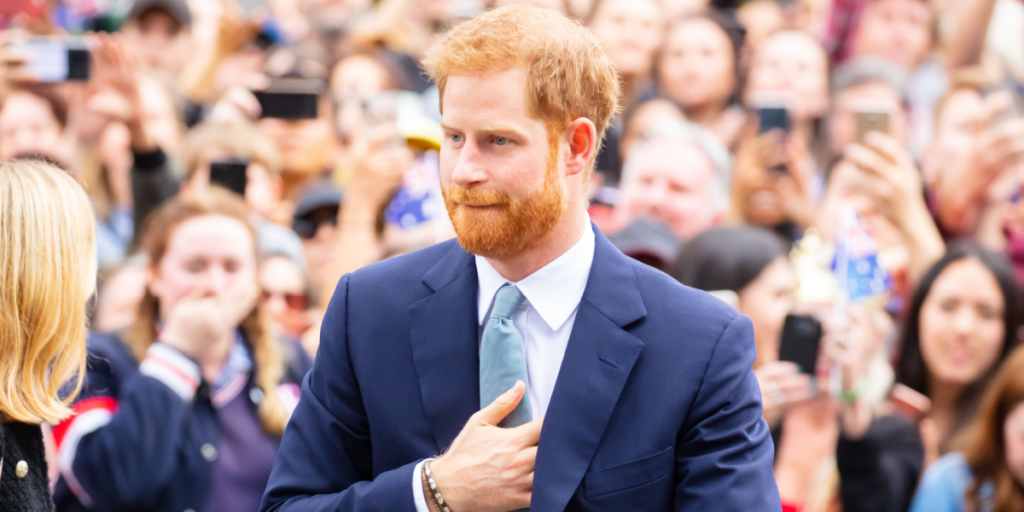
In the U.K., the Executive Committee for the Protection of Royalty and Public Figures (Ravec) evaluates individual threats and decides who qualifies for state-funded security.
Since Harry no longer represents the Crown in an official capacity, Ravec ruled that he is not entitled to police protection, even during his visits to the U.K.
Harry previously challenged this decision in court, arguing that his safety — and that of his family — remains at risk. The legal battle over his protection status is still ongoing.
Also read
A growing public debate
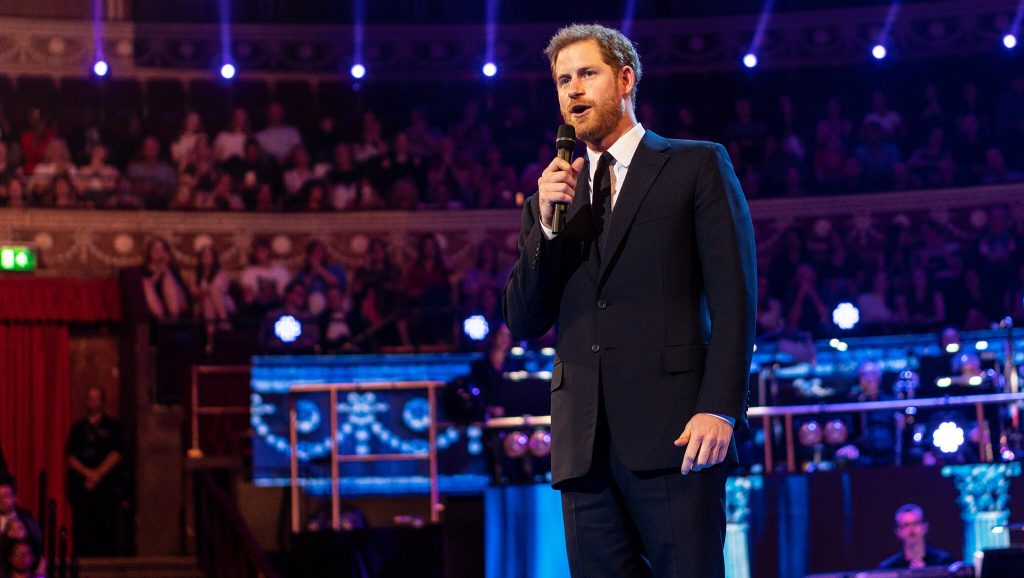
The incidents have reignited public discussion over whether fame, notoriety, or risk should determine eligibility for government-funded security.
Some argue that Harry’s global profile and ongoing threats warrant special consideration.
Others say his decision to step back from royal duties — and to earn income independently through media deals — means he must also forgo royal privileges.

